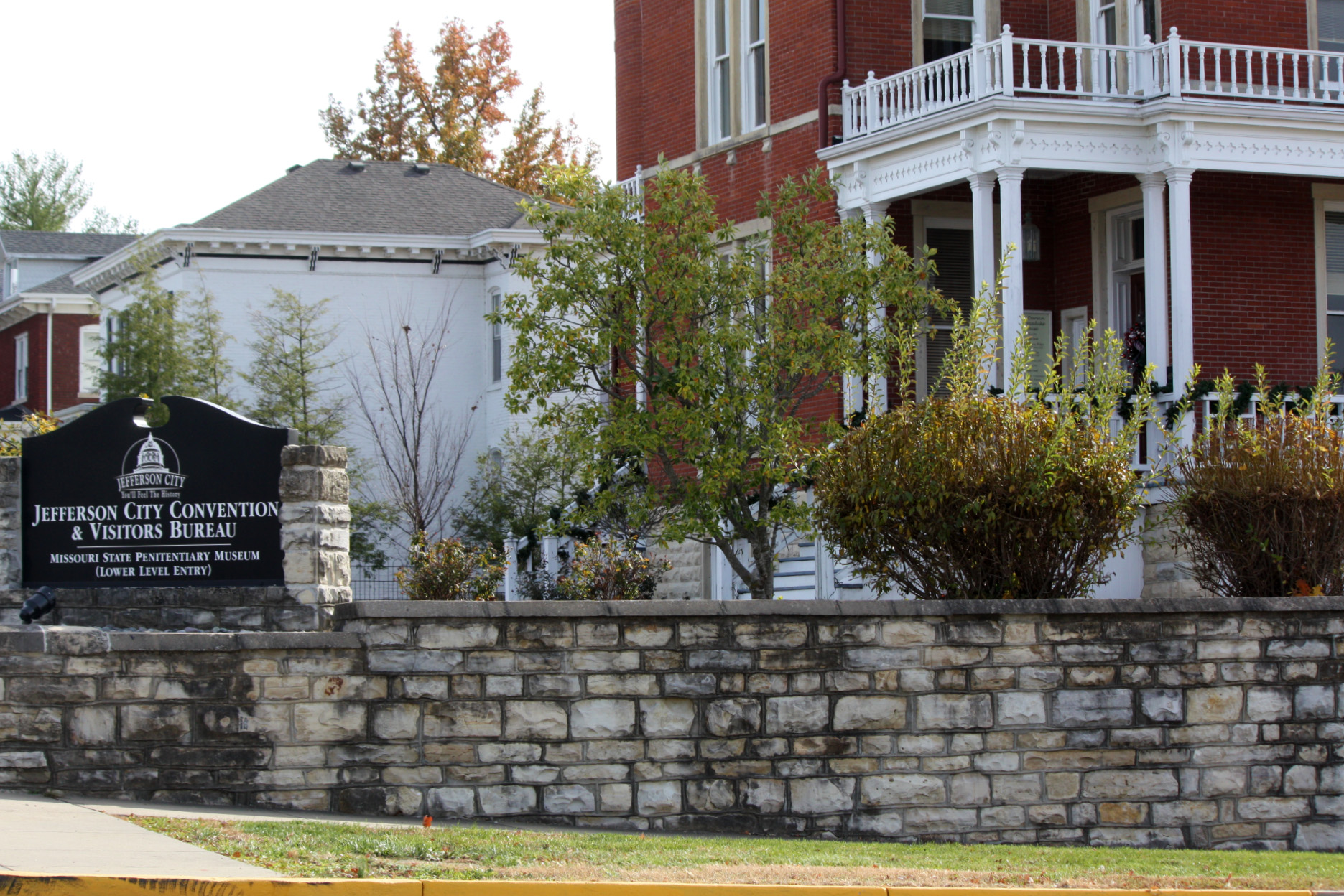The I-Team found hundreds of students have been put in the structures as punishment this academic year.
JEFFERSON CITY, Mo. — So far this year, 530 students — most of them with disabilities — have been locked in what’s known as a seclusion room as a form of punishment across 166 Missouri school districts. Now a state representative wants to end the practice altogether.
The bill, filed Friday, would stop public or charter schools from placing students in solitary confinement within the so-called seclusion rooms.
For years, the I-Team has reported on the controversial practice, which involves putting a child in a locked closet-sized room sometimes for hours at a time, said Missouri State Rep. Ian Mackey, (D-MO) 99th District, who filed the bill.
“A seclusion room typically is a small closet-sized space, typically with padded walls, a padded floor, an overhead fluorescent light and a steel door that locks automatically,” he said. “And it’s usually used for the solitary confinement of children who are sometimes exhibiting challenging behavior, sometimes may even be physically violent or threatening physical violence.
“But all too often is used to punish children who are engaging in routine, childlike behavior that often is unwanted and challenging to deal with as an adult, but is typically expected of children, especially ages 5, 6, 7 and 8, which is where we see the vast majority of these instances taking place.”
The practice is banned in Illinois and at least nine other states.
According to the American Civil Liberties Union, roughly 80% of students subjected to being restrained and secluded were students with disabilities, and about 82% were boys in the 2017-2018 school year, which is the most recent federal data available.
The U.S. Department of Education states that “restraint or seclusion should never be used as punishment or discipline.”
Mackey passed a law limiting the use of seclusion rooms in 2021. That legislation required districts to track data on the use of the rooms and give it to lawmakers.
Now, with the data in hand, Mackey says it’s time ban them altogether, arguing seclusion rooms don’t correct behavior problems in students.
“It makes the problem worse,” he said. “We see it happen on a repeat basis.
“The same kids over and over and over are going through this because this is not a way to deal with the problems. This is not a way for an adult to solicit the behavior they’re looking for. This is something that just escalates the problem.”
A spokesperson with the Missouri Department of Elementary and Secondary Education told the I-Team earlier this year that, per DESE’s model policy, seclusion and restraint should be limited to situations in which the student’s behavior poses a serious threat, such as when they harm themselves or others or when they destroy property.
Mackey said the rooms are not being used the way DESE intended them to be and said the solution is to teach school leaders ways districts who do not use seclusion rooms cope with disruptive students.
“I would say the vast majority of these cases are children who are not engaging in violent behavior,” Mackey said. “There’s children who are just simply being disruptive.”
In some cases, the seclusion lasted more than three hours, according to the Missouri Disability Empowerment Foundation, citing the Missouri Department of Elementary and Secondary Education.
Mackey argues, after research, that the effects of these rooms are long-lasting and devastating.
“Children have been diagnosed with PTSD as a result of this, children who’ve been forced out of their school district because of this,” he said.
The next legislative session in Missouri begins in January.

 Low Income Renter Households in Missouri Graphic (KMIZ)
Low Income Renter Households in Missouri Graphic (KMIZ) A sign for the Dulle & Hamilton Towers which are a part of the Jefferson City Housing Authority’s low-income housing. (KMIZ)
A sign for the Dulle & Hamilton Towers which are a part of the Jefferson City Housing Authority’s low-income housing. (KMIZ) The Junction, a currently undeveloped 52-acre property just north of Canyon View Business Park, will help connect trails between North Table Mountain, Mount Galbraith and White Ranch parks. The City of Golden recently annexed the property and zoned it for light industrial and light commercial uses.
The Junction, a currently undeveloped 52-acre property just north of Canyon View Business Park, will help connect trails between North Table Mountain, Mount Galbraith and White Ranch parks. The City of Golden recently annexed the property and zoned it for light industrial and light commercial uses.  The Junction, a currently undeveloped 52-acre property just north of Canyon View Business Park, will help connect trails between North Table Mountain, Mount Galbraith and White Ranch parks. The City of Golden recently annexed the property and zoned it for light industrial and light commercial uses.
The Junction, a currently undeveloped 52-acre property just north of Canyon View Business Park, will help connect trails between North Table Mountain, Mount Galbraith and White Ranch parks. The City of Golden recently annexed the property and zoned it for light industrial and light commercial uses. 

